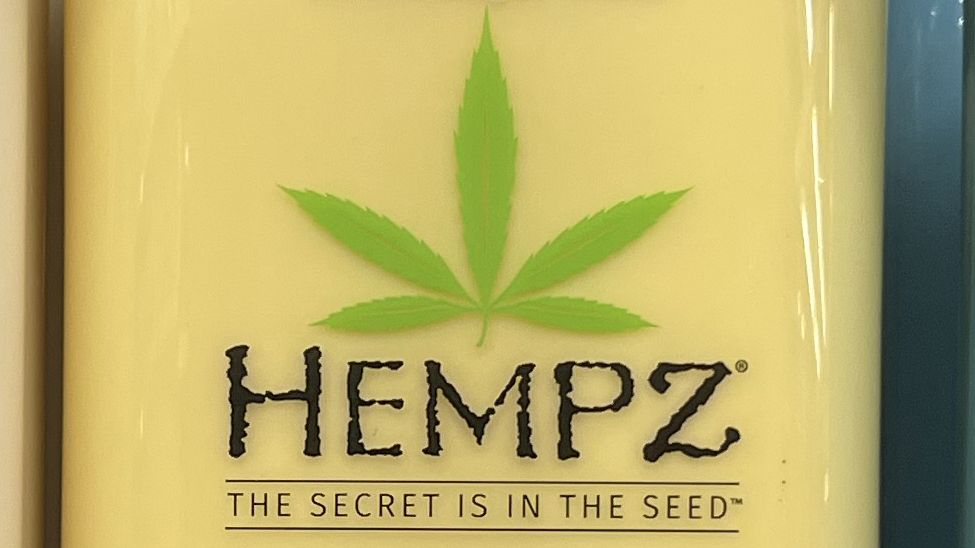The term “hemp oil” may sound simple, but its meaning—and its quality—can vary dramatically depending on where it’s purchased. Products labeled as hemp oil at dispensaries are often regulated cannabis products that go through strict state testing, while hemp oil found online or in retail stores can range from nutrient-rich seed oil to unverified CBD tinctures. Understanding the difference helps consumers make more informed choices about safety, potency, and purpose.
At state-licensed dispensaries, hemp oil products must meet rigorous testing requirements. These facilities operate under specific state cannabis laws that mandate laboratory testing for potency, pesticides, heavy metals, and microbial contaminants. Each batch is tracked through a seed-to-sale system, with Certificates of Analysis (COAs) confirming cannabinoid content and purity. Dispensary-grade hemp oils are typically formulated for wellness or therapeutic purposes, sometimes containing full-spectrum cannabinoids that include measurable THC levels where legal.
In contrast, hemp oil sold online or in general retail stores often falls into two categories: hemp seed oil or hemp-derived CBD oil. Hemp seed oil is pressed from the seeds of the hemp plant and contains only trace amounts of cannabinoids. It’s recognized as safe for use in food and skincare, rich in omega-3 and omega-6 fatty acids, and valued for its nutritional and cosmetic properties rather than any psychoactive effects.
Hemp-derived CBD oil, however, is extracted from the plant’s flowers and leaves. While it can be sold across state lines if it contains less than 0.3% THC, it operates under far less oversight than dispensary products. The U.S. Food and Drug Administration has not yet established clear regulations for CBD in food or dietary supplements, leading to inconsistencies in labeling and quality control. This lack of uniform standards means that online or retail CBD oils can vary widely in purity and cannabinoid accuracy.
Research and consumer watchdog studies have revealed discrepancies in many over-the-counter CBD products. Some are mislabeled, containing more or less CBD than advertised, while others test positive for THC despite being marketed as THC-free. Without mandatory third-party testing, shoppers are often left to rely on brand reputation and transparency.
The differences between dispensary and retail hemp oils come down to testing, traceability, and intent. Dispensary products are backed by required lab reports and tracked from cultivation to packaging, providing consumers with verified cannabinoid content. Retail hemp oils, on the other hand, are largely unregulated beyond basic food safety or cosmetic guidelines. For those seeking the therapeutic effects of cannabinoids, dispensary-grade options offer consistency and reliability. For everyday culinary or skincare use, retail hemp seed oil remains a safe and beneficial choice.
Ultimately, knowing what kind of hemp oil you’re buying—and why—makes all the difference. Checking for a recent COA, avoiding unverified health claims, and understanding the product’s intended use help ensure both safety and satisfaction.

